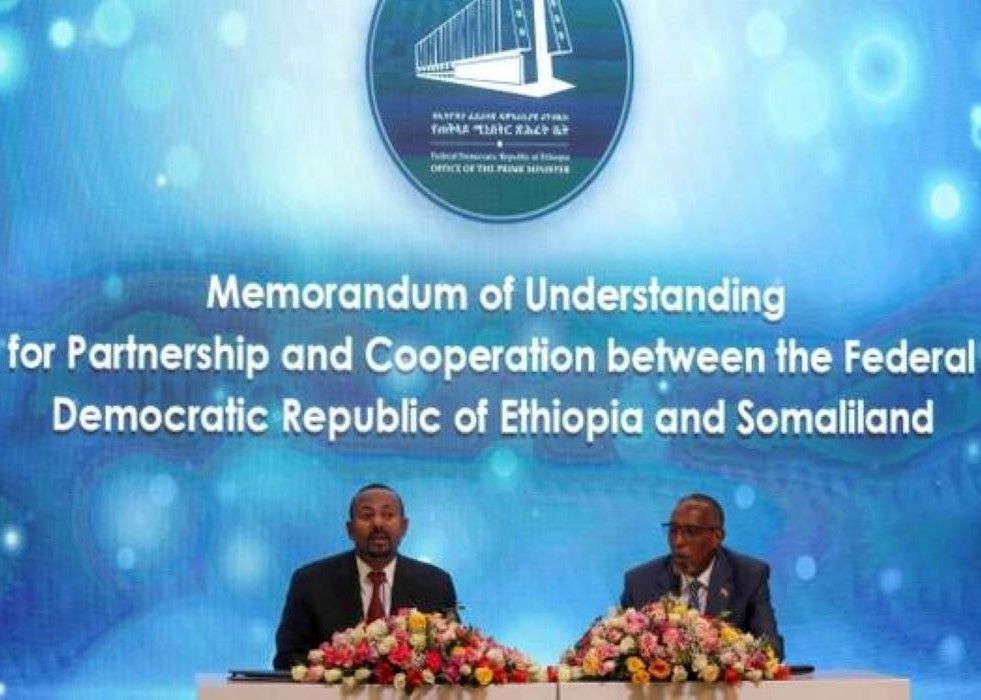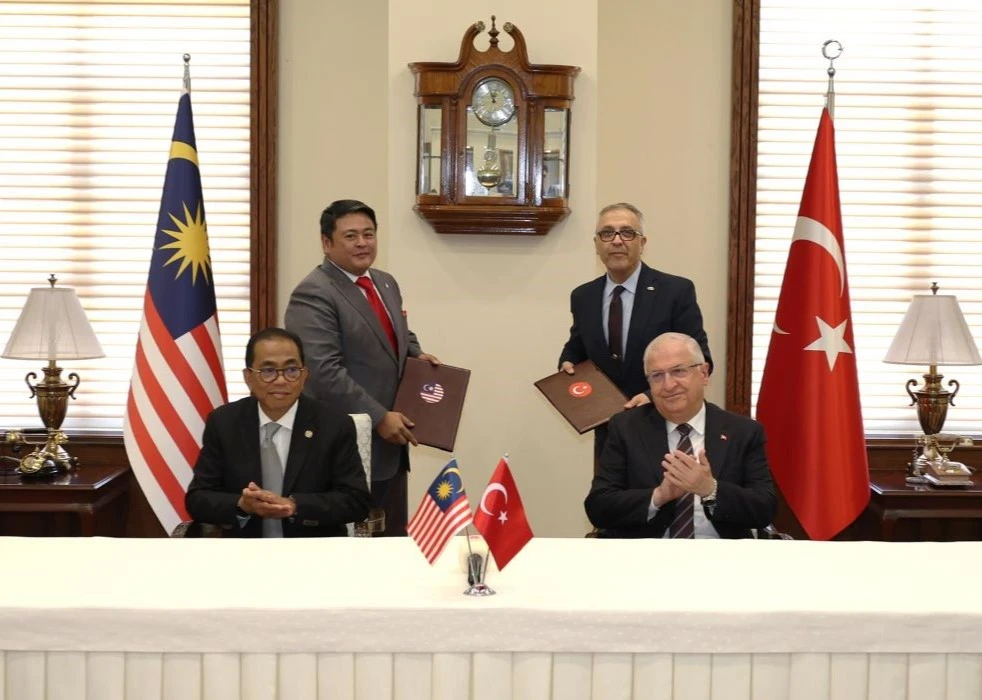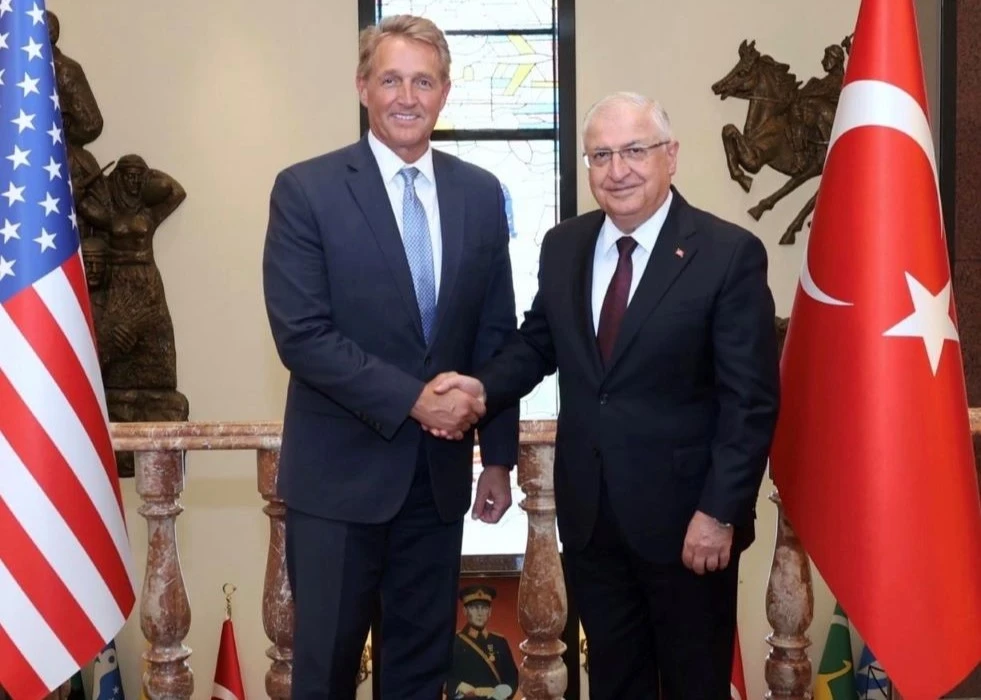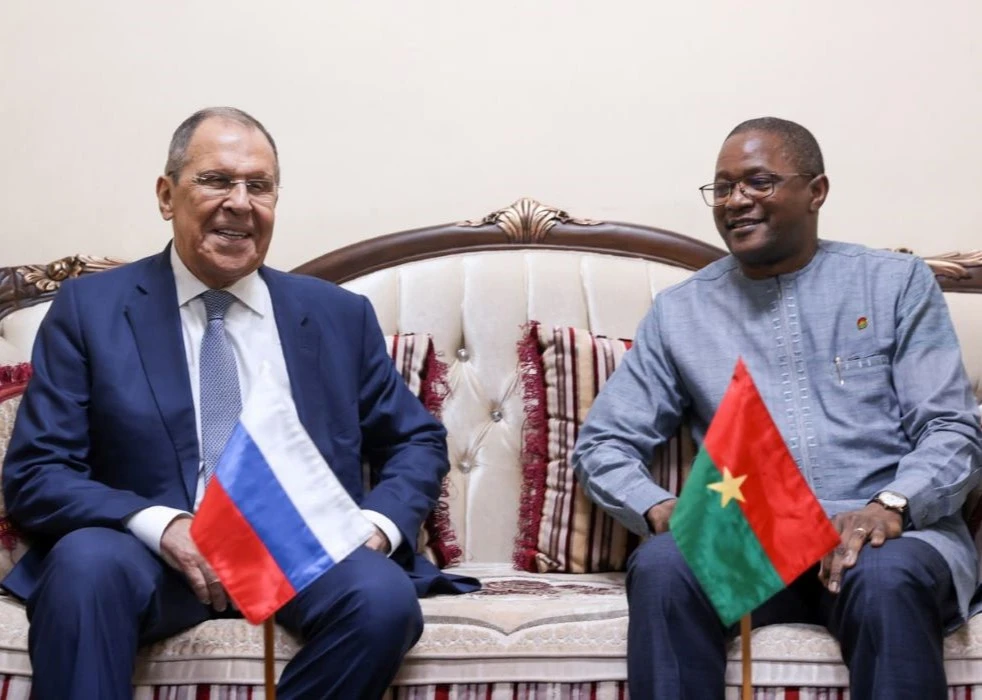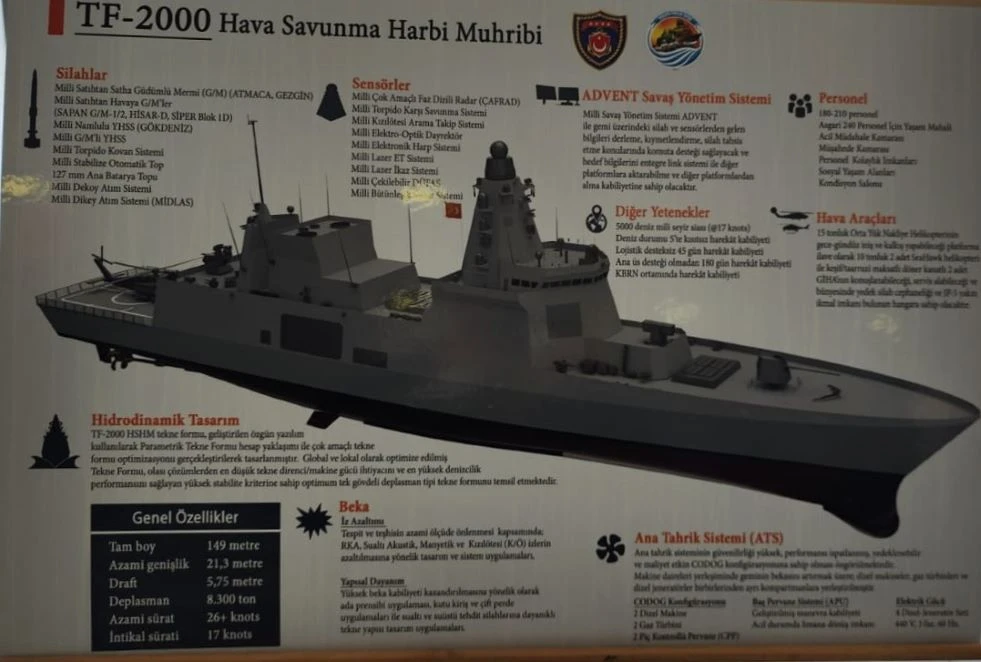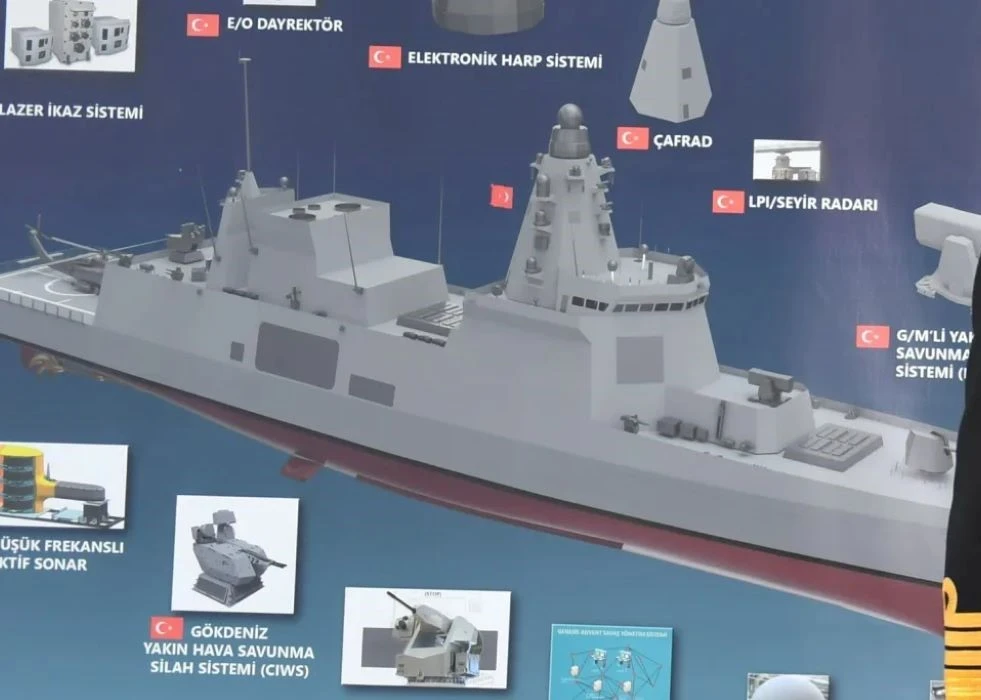As Ethiopia, a landlocked nation, seeks access to the Red Sea through an initial agreement with the breakaway region of Somaliland in Somalia, tensions escalate over maritime claims. The backdrop of Ethiopia losing its sea access during the Eritrean conflict adds complexity to this unfolding scenario, turning a landlocked nation with, on paper, a Navy into a diplomatic challenge with its maritime neighbour, Somalia.
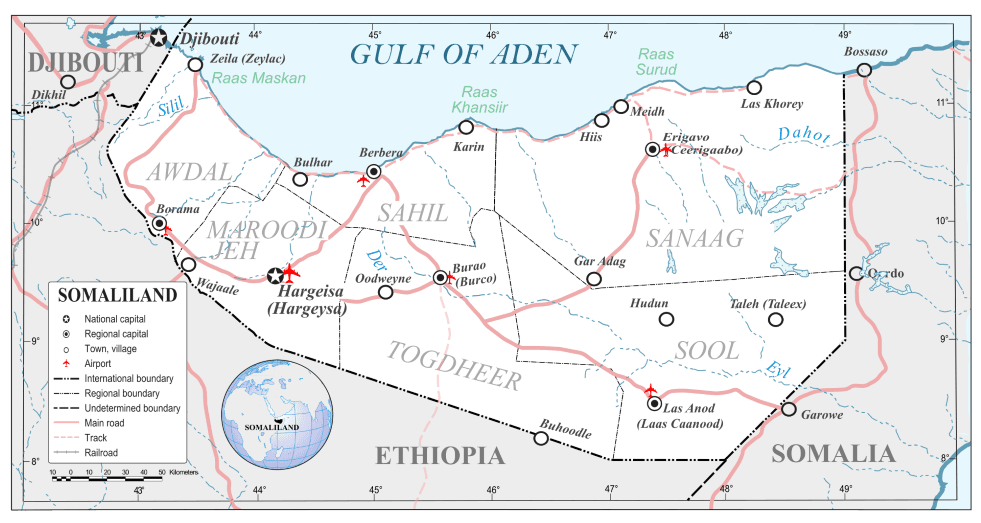
Ethiopia and Somaliland signed a Memorandum of Understanding (MoU), which includes plans to lease a 20 km stretch of coastline along Somaliland's territory to Ethiopia and establish a naval base. Prime Minister Abiy Ahmed and Somaliland President Muse Bihi Abdi officially endorsed the plan.
President Abdi emphasised that as part of the agreement, Somaliland plans to lease a stretch of land along its coastline to Ethiopia and aims to establish a naval base. In its statement, the Ethiopian government highlighted that the agreement strengthens security, economic, and political partnerships between Ethiopia and Somaliland. President Abdi suggested that the deal include an expression of Ethiopia recognising Somaliland as an independent country shortly.
However, Somali politicians argue that the port agreement with Somaliland, which unilaterally declared independence, violates Somalia's sovereignty. They call on the government to take necessary actions. Following the agreement between Ethiopia and Somaliland, the Somali government withdrew its ambassador from Ethiopia, asserting the invalidity of the deal.
Somali Government Spokesperson Farhan Jimale stated that the agreement signed on Monday was rejected, claiming it violates Somalia's sovereignty. He announced the recall of Somalia's Ambassador to Addis Ababa and urged urgent meetings with the United Nations (UN) and the African Union (AU) to discuss the contentious agreement.
As maritime tensions rise in the Horn of Africa, the diplomatic fallout from this agreement adds another layer of complexity to the region's geopolitical landscape. The situation remains fluid, with international bodies being called upon to mediate and address the disputed maritime deal.


